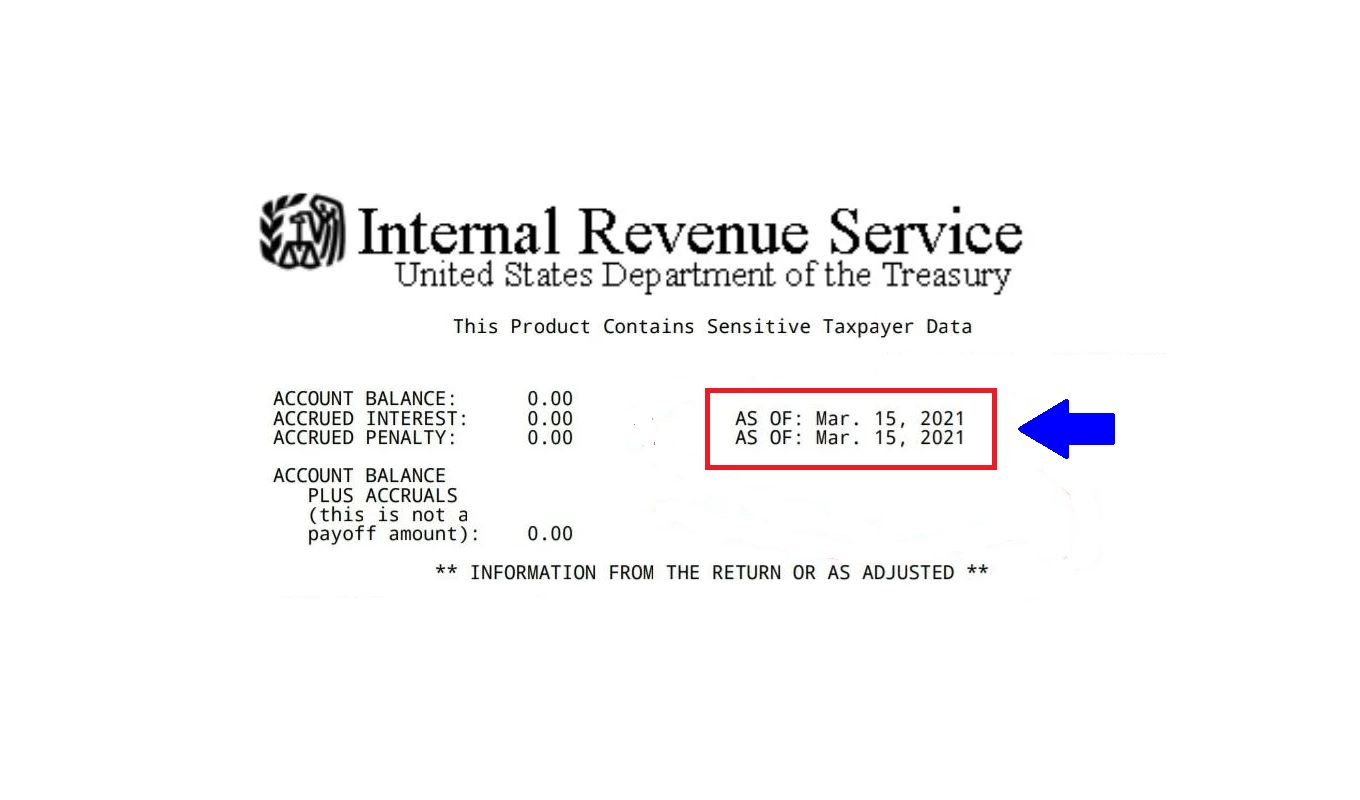Home>Finance>Swing Trading: Definition And The Pros And Cons For Investors


Finance
Swing Trading: Definition And The Pros And Cons For Investors
Published: February 5, 2024
Learn about swing trading in finance, including its definition, and discover the pros and cons that investors should consider.
(Many of the links in this article redirect to a specific reviewed product. Your purchase of these products through affiliate links helps to generate commission for LiveWell, at no extra cost. Learn more)
Swing Trading: Definition and the Pros and Cons for Investors
Welcome to our “Finance” category, where we focus on providing valuable insights into different investment strategies and financial topics. Today, we’re diving into the exciting world of swing trading! If you’ve ever wondered what swing trading is and whether it’s a suitable investment option for you, you’re in the right place. In this article, we’ll walk you through the definition of swing trading and discuss its pros and cons to help you make an informed decision.
Key Takeaways:
- Swing trading is a short-term trading strategy that aims to profit from short-term price movements within a broader trend.
- Pros of swing trading include potential for quick profits, flexibility, and the opportunity to take advantage of both rising and falling markets.
What is Swing Trading?
Swing trading is a popular trading strategy that falls within the realm of technical analysis. Unlike long-term investors who hold onto stocks for months or years, swing traders seek to capture short-term price movements. The goal of swing trading is to identify and ride the “swings” or fluctuations in a stock’s price within an overarching trend. Traders typically hold positions for a few days to a few weeks, aiming to profit from these short-term moves rather than long-term appreciation.
Now, let’s delve into the pros and cons of swing trading to give you a deeper understanding of this investment strategy:
Pros of Swing Trading:
1. Potential for Quick Profits: Swing trading provides the opportunity to take advantage of short-term price movements, potentially allowing for quicker profits compared to long-term investing. Traders can capitalize on short-term market inefficiencies and benefit from rapid changes in stock prices.
2. Flexibility: Swing trading offers flexibility for individuals who don’t have the time or desire to monitor the markets constantly. As a swing trader, you don’t need to sit in front of a computer screen all day. Instead, you can set up your trading strategy, conduct a brief analysis, and execute trades during specific timeframes that suit your schedule.
3. Opportunity to Profit in Both Rising and Falling Markets: Unlike long-term investors who primarily seek to profit from rising markets, swing traders can take advantage of both upward and downward price movements. By capitalizing on short-term trends, swing traders can potentially generate profits regardless of overall market direction.
Cons of Swing Trading:
1. Requires Active Monitoring: Successful swing trading demands active monitoring of stock prices, technical indicators, and market news. Traders need to consistently stay informed and be responsive to market conditions. This level of engagement may not suit investors with limited time or those seeking a more hands-off approach to investing.
2. Increased Risk and Volatility: Since swing traders aim to profit from short-term fluctuations, their trades are often more exposed to volatility and sudden market moves. This higher level of risk requires disciplined risk management and careful trade selection to protect invested capital.
3. Potential for Emotional Trading: The fast-paced nature of swing trading can tempt investors to make impulsive decisions driven by emotions. It is crucial for swing traders to maintain discipline, stick to their trading plan, and avoid making hasty choices that could negatively impact their overall performance.
Swing trading can be an exciting and potentially profitable investment strategy for those willing to put in the time and effort to master it. It is essential to thoroughly research and understand swing trading principles and techniques before diving into this trading approach. If you’re considering swing trading, consult with a financial advisor or an experienced swing trader to gain further insights and guidance tailored to your specific investment goals and risk tolerance.
Thank you for stopping by our “Finance” category. We hope this article has provided you with a solid understanding of swing trading and its pros and cons. Don’t forget to check out our other finance-related articles for more insights and helpful tips!














